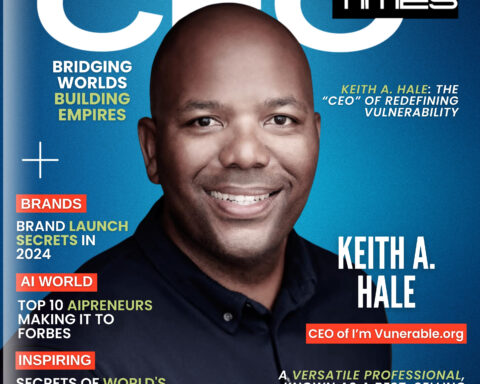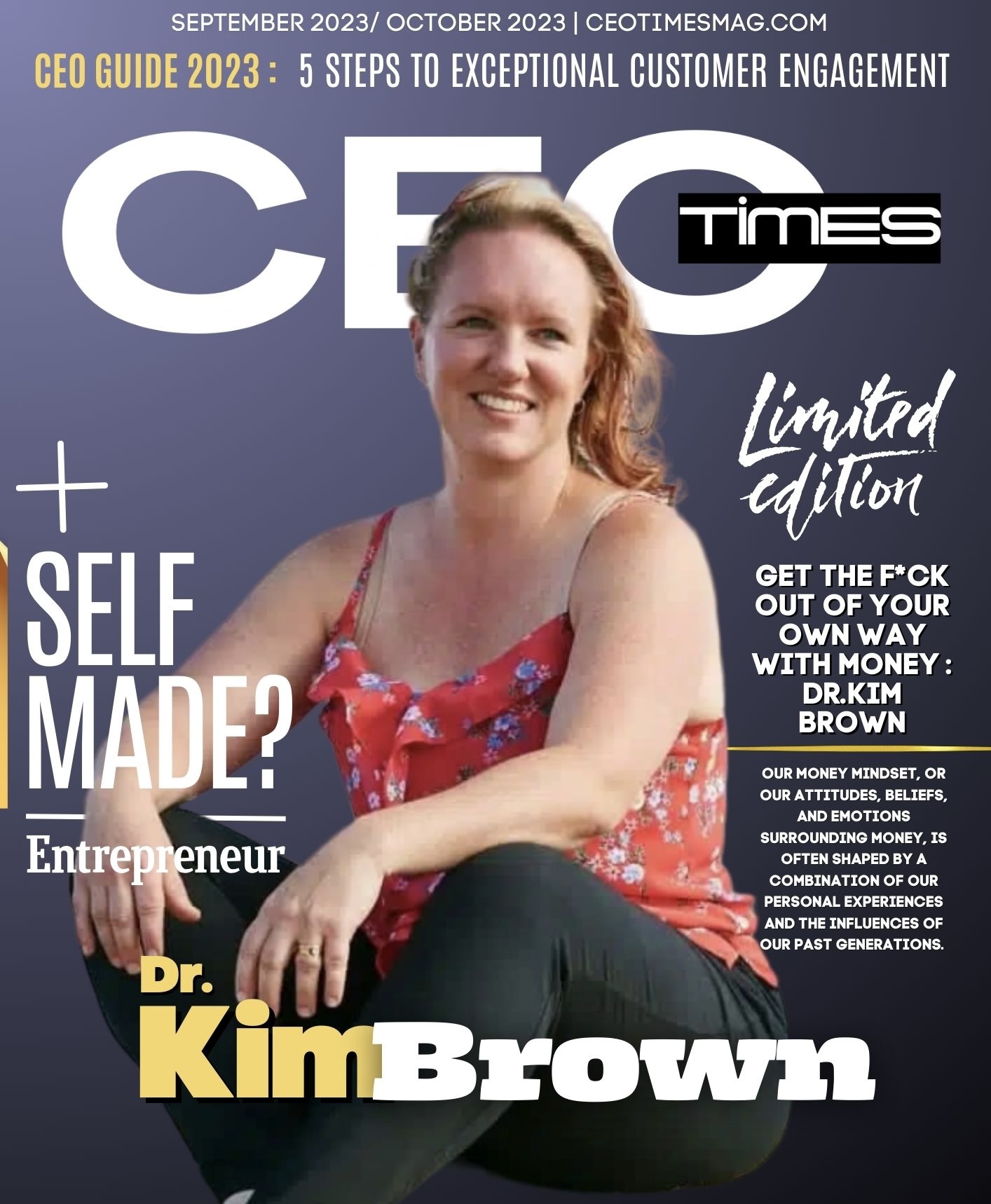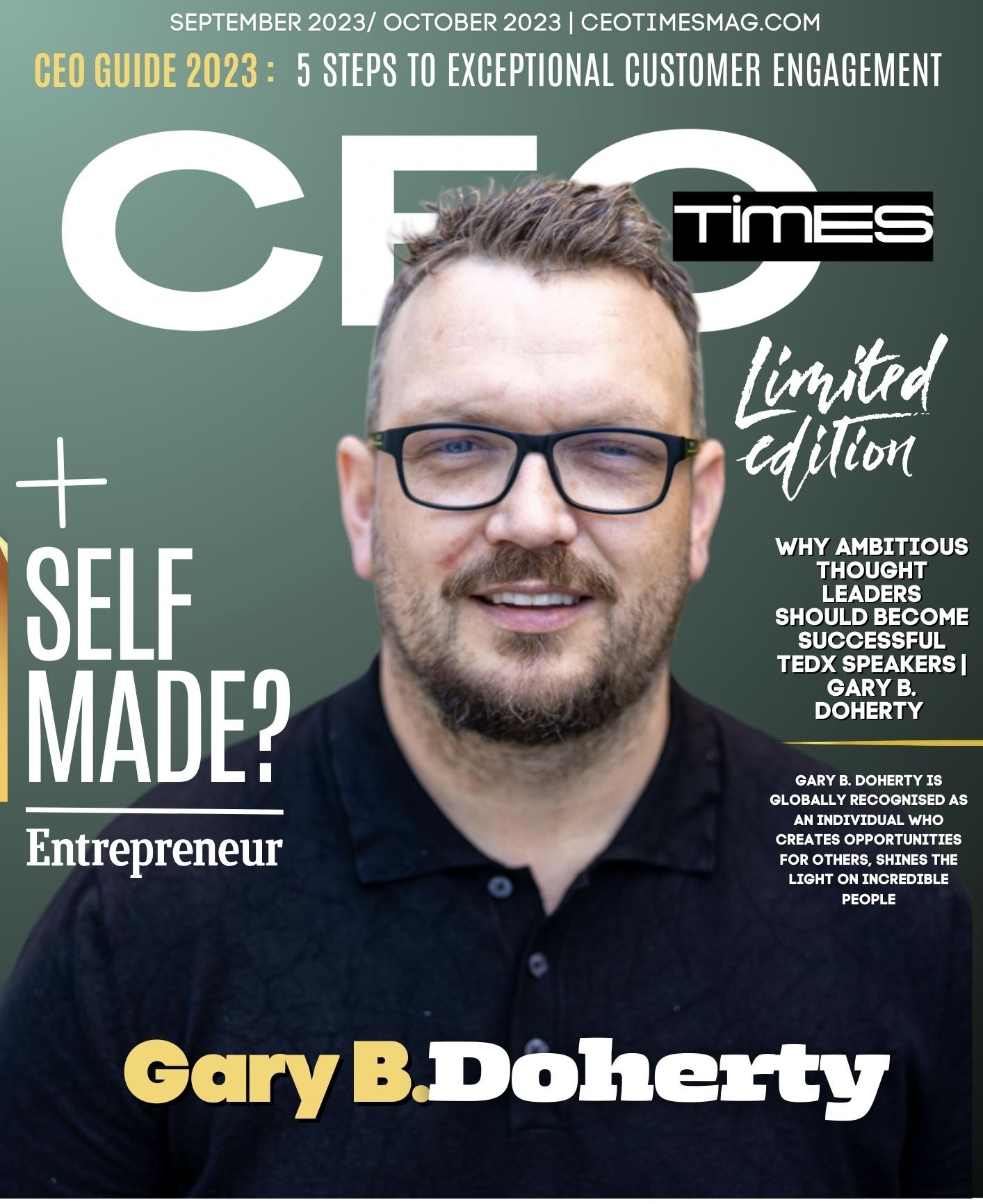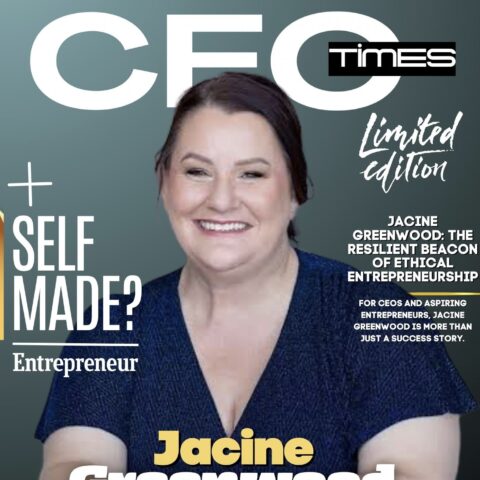Our money mindset, or our attitudes, beliefs, and emotions surrounding money, is often shaped by a combination of our personal experiences and the influences of our past generations. These influences can come from our family, culture, upbringing, and societal conditioning. Here’s how this process works:
1. Family and Upbringing : Our parents or primary caregivers play a significant role in shaping our early beliefs about money. The way they talk about money, manage finances, and their overall attitude towards wealth can influence how we perceive money. If we grew up in an environment where money was seen as scarce or associated with stress, we might develop limiting beliefs around money as well.
2. Cultural and Societal Influences : The cultural and societal norms around money also impact our money mindset. Different cultures have varying attitudes towards wealth, spending, and saving. Media, advertising, and social comparisons can contribute to the formation of beliefs about what is considered successful or acceptable in terms of financial status.
3. Emotional Experiences : Significant financial events or experiences during our childhood or early adulthood can also shape our money mindset. Positive experiences, like receiving money as a reward or gift, can foster positive beliefs about money. Conversely, negative experiences, such as financial difficulties or trauma, can lead to negative beliefs and associations.
Neuro-Linguistic Programming (NLP) is a psychological approach that suggests that by changing the way we think, communicate, and behave, we can reprogram our mental patterns and achieve desired outcomes. NLP proposes that there is a connection between neurological processes, language, and behavioural patterns that have been learned through experience. It aims to help individuals make rapid changes in their thoughts and behaviours by using specific techniques.
Here’s how NLP can be applied to change one’s money mindset:
1. Identifying Limiting Beliefs : NLP techniques can help individuals identify their limiting beliefs around money. Through introspection and guided exercises, individuals can become aware of thoughts and beliefs that might be holding them back from financial success.
2. Changing Thought Patterns : NLP provides tools for changing thought patterns and replacing negative beliefs with positive ones. Techniques like Time Line Therapy®,
reframing, visualization, and affirmation can help individuals shift their perspectives and create new, empowering beliefs about money.
3. Anchoring Positive Emotions : NLP uses techniques like anchoring, where positive emotions are associated with certain triggers (like a gesture or a word). This can be applied to money-related situations to create positive associations, reducing anxiety or negative emotions.
4. Modelling Success : NLP encourages individuals to model the behaviours and attitudes of successful people in their field, including their relationship with money. This involves observing, analysing, and adopting the thought patterns and behaviours that contribute to financial success.
5. Neurological Repatterning : NLP techniques often involve working with the subconscious mind to rewire deeply ingrained thought patterns. Techniques such as Time Line Therapy® and hypnosis can facilitate this process in a very fast manner.
It’s important to note that while NLP has its proponents, its effectiveness can vary from person to person. Changing one’s money mindset is a complex process that may require a combination of approaches, including therapy, coaching, financial education, and personal development practices. Additionally, addressing deeply rooted beliefs may take time and consistent effort. If you are ready to change your beliefs patterns around money, be sure to reach out so we can get to the root cause of the problem.
If our money beliefs remain stuck in scarcity, it can have a significant impact on various aspects of our lives and overall well-being. Here are some potential consequences of maintaining a scarcity mindset:
1. Financial Struggles : A scarcity mindset often leads to self-sabotaging behaviours that can hinder financial success. People with this mindset might avoid taking calculated risks, miss out on opportunities, hold themselves back from creating the life they want, or make decisions that perpetuate their financial difficulties.
2. Limited Opportunities : A scarcity mindset can narrow your focus and prevent you from seeing or pursuing new opportunities. You might feel hesitant to invest in personal or professional growth, even when those investments could lead to positive outcomes and deliver a significant ROI.
3. Negative Emotions : Constant worry about money, fear of running out of money, and stress related to finances can lead to a range of negative emotions such as anxiety, frustration, and hopelessness. This can impact your mental and emotional well-being and can dramatically impact relationships.
4. Strained Relationships : Money-related stress can strain relationships with family, friends, and colleagues. Disagreements about money or perceptions of unfairness can lead to conflicts and distance.
5. Lack of Enjoyment : A scarcity mindset can hinder your ability to enjoy life’s experiences because you might be overly focused on saving or avoiding spending. This can prevent you from fully engaging in leisure activities or investing in self-care.
6. Missed Growth Opportunities : Investing in education, skill development, and personal growth often requires financial resources. A scarcity mindset can discourage you from making these investments, limiting your potential for personal and professional growth, and ultimately creating a viscous cycle of scarcity.
7. Self-Limiting Beliefs : A scarcity mindset can foster beliefs that you don’t deserve abundance or that financial success is reserved for others. This can erode your self-confidence and self-esteem.
8. Cycle of Scarcity : Beliefs can become self-fulfilling prophecies. If you consistently believe that you’re not capable of achieving financial abundance, you might unconsciously make decisions that reinforce that belief.
9. Inhibited Generosity : A scarcity mindset can make you hesitant to give or share with others, fearing that you’ll have less for yourself. This can prevent you from experiencing the positive feelings that come from helping others.
Overcoming a scarcity mindset requires conscious effort and a willingness to challenge and change your beliefs. Here are some steps you can take to shift your mindset towards abundance:
1. Awareness : Recognize and acknowledge your current money beliefs and their impact on your life.
2. Challenge Beliefs : Question the validity of your scarcity beliefs. Are they based on facts or assumptions? Look for evidence that contradicts these beliefs.
3. Positive Self-Talk : Practice positive affirmations and self-talk that reinforce abundance and prosperity. Replace negative thoughts with empowering ones.
4. Education : Learn about personal finance, investing, and money management. Knowledge can help you make informed decisions and reduce financial anxiety.
5. Gratitude Practice : Focus on what you have rather than what you lack. Cultivate gratitude for your current resources and experiences.
6. Visualization : Visualize your desired financial outcomes and the steps you need to take to achieve them.
7. Seek Support : Book into one of our programs so you can transform your money mindset quickly and easily with the support you need.
8. Take Action : Challenge yourself to take small steps outside your comfort zone, whether it’s seeking a new job, starting a side business, or pursuing an investment opportunity.
Remember that changing your money mindset takes time and consistent effort. It’s a journey of personal growth that can have a positive impact on multiple areas of your life beyond just your finances.
If your money beliefs remain stuck in scarcity, the consequences mentioned earlier can persist, impacting your financial well-being, emotional health, relationships, and overall quality of life. However, Neuro-Linguistic Programming (NLP) offers strategies to help you transform these limiting beliefs and shift towards a more empowering and abundant mindset. Here’s how you can use NLP techniques to change stuck beliefs:
1. Identify Limiting Beliefs : Begin by identifying the specific beliefs that are keeping you stuck in a scarcity mindset. These could be thoughts like “I’ll never have enough money” or “Money is always a struggle.”
2. Reframing : NLP emphasizes reframing, which involves changing the context or interpretation of a belief. For example, you could reframe “I’ll never have enough money” to “I have the ability to create abundance in my life.”
3. Anchoring Positive States : NLP uses anchoring to associate a specific trigger (such as a gesture or word) with a positive emotional state. You can create an anchor associated with feelings of abundance and confidence. Whenever you want to access these feelings, use the anchor.
4. Visualize Abundance : NLP techniques often involve visualization. Spend time visualizing (and feeling and hearing) yourself living abundantly, making smart financial decisions, and enjoying the benefits of your positive money mindset.
5. Use Language Patterns : Pay attention to the language you use when discussing money. Replace negative language with more positive and empowering words. For instance, replace “I can’t afford that” with “I choose to spend my money differently.”
6. Submodalities Work : NLP explores submodalities, which are the sensory qualities that affect how you experience beliefs. Change the submodalities of your limiting beliefs to make them less impactful. For instance, make the mental image of scarcity smaller, dimmer, and farther away and the image of abundance and freedom really close to you with positive feelings.
7. Time Line Therapy® : This NLP technique involves working with your perception of time to release negative emotions and limiting beliefs. You can use this technique to dissociate from past experiences and traumas that created your scarcity mindset and replace those beliefs with empowering action taking beliefs.
8. Analyse Belief Origins : Explore where your scarcity beliefs originated. Often, they stem from early experiences. NLP can help you uncover these origins and release their emotional hold on you.
9. Model Success : Identify someone who has the money mindset you aspire to have. Study their behaviours, attitudes, and beliefs, and integrate them into your own mindset.
10. Affirmations : NLP encourages the use of positive affirmations that align with your desired abundant mindset. These statements should be in the present tense, positive, and believable.
11. Release Negative Emotions : Negative emotions tied to past financial experiences can reinforce scarcity beliefs. NLP techniques like Time Line Therapy® can help release these emotions quickly.
12. Consistency and Repetition : Changing deeply ingrained beliefs takes time and repetition. Regularly practice the NLP techniques that resonate with you.
13. Seek Professional Guidance : While there are self-help NLP resources available, working with a certified NLP practitioner can provide personalized guidance and support tailored to your needs and speed up your results.
Remember that shifting your money beliefs using NLP techniques requires commitment and patience. It’s a process of rewiring your thoughts, emotions, and behaviours to align with your desired abundant mindset.
To book into our courses to rewire your money mindset quickly, check out our 2 day event Get the F*ck out of Your Own Wayand our 7 day NLP Practitioner course.

















